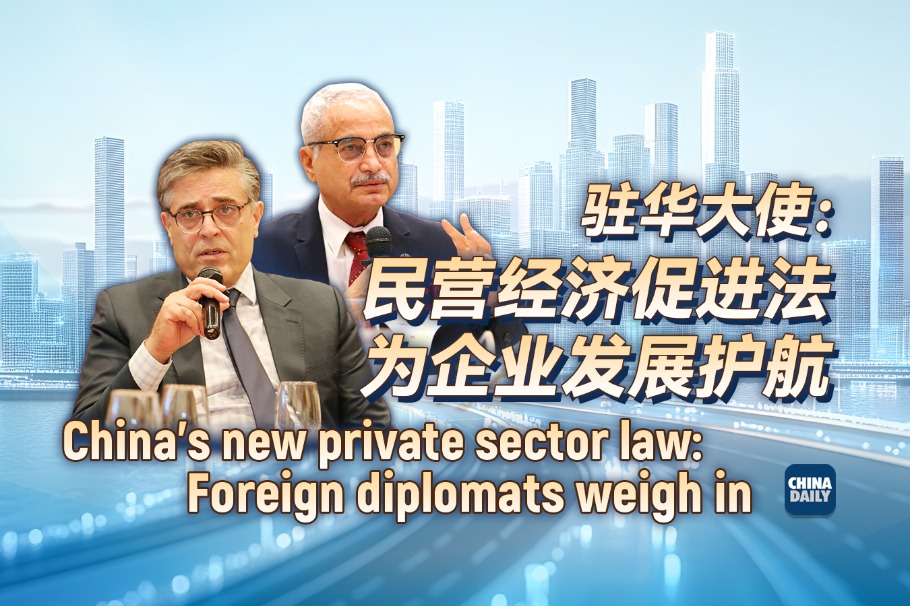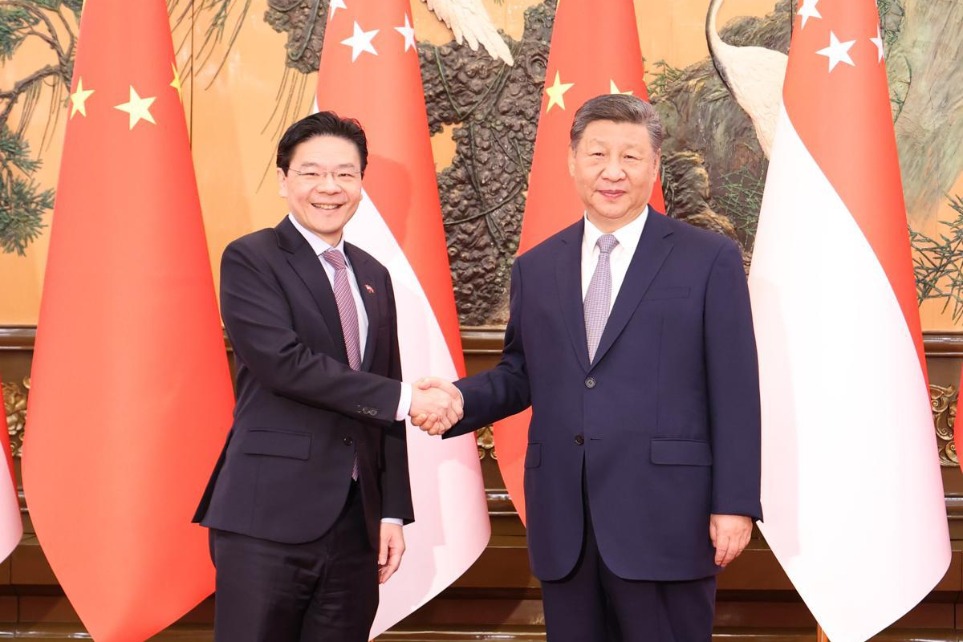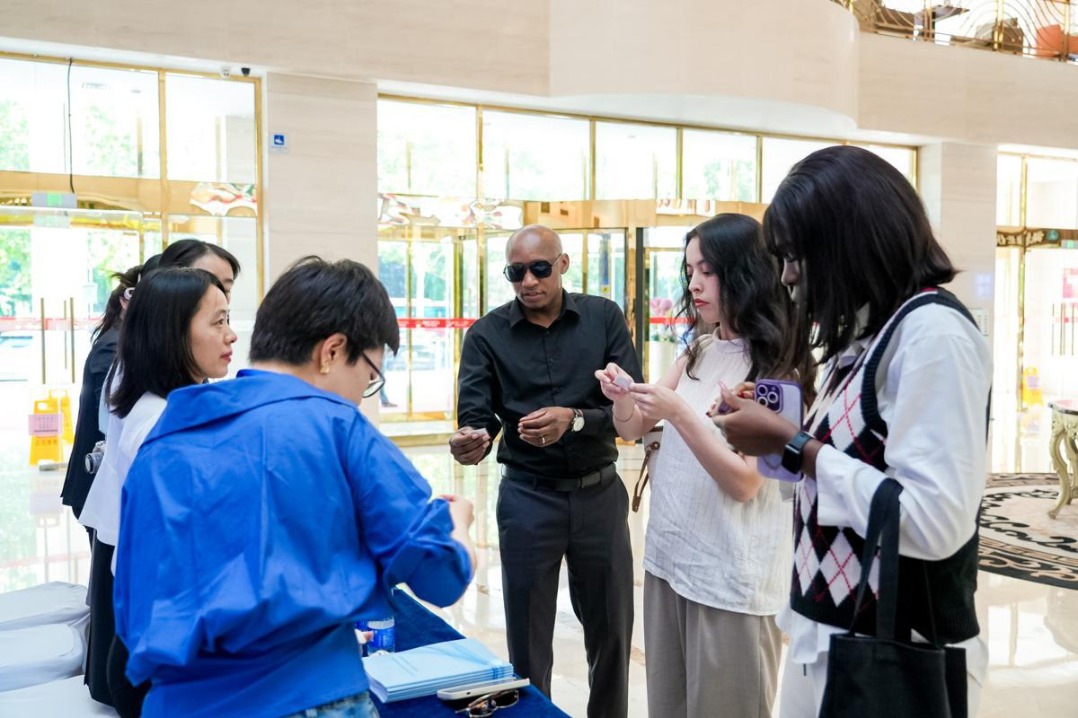How Mencius influences the West and my political character

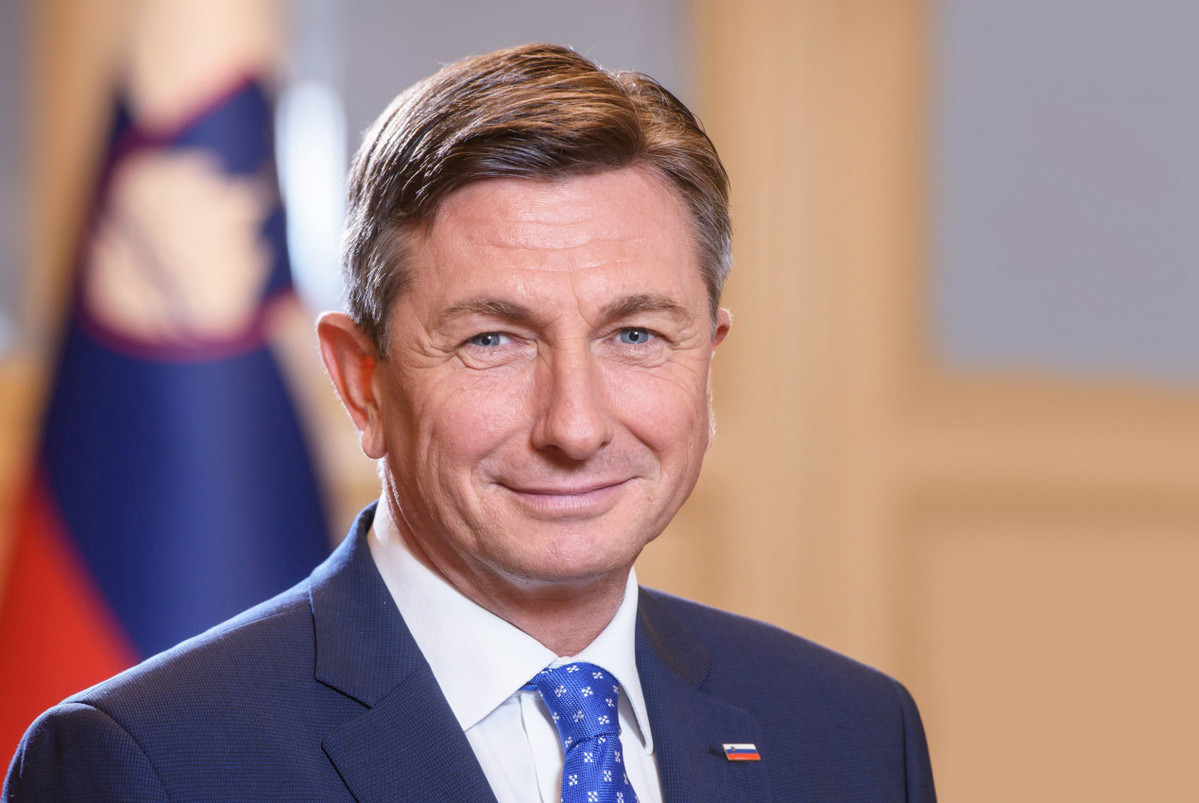
The British romantic comedy Love Actually is full of entertaining and funny scenes. But, as if it were a documentary, the director Richard Curtis introduces a startling fact at the very beginning: before the aircraft hit the World Trade Center in New York on Sept 11, no victim sent messages of hatred, only love.
From a young age, I wanted to believe that good overcomes evil. Fairy tales were a significant help in forming such beliefs. But as I grew up, I was confronted with various phenomena of evil and hatred. Thus, I began to wonder whether we were destined for both, love and hate. I was also wondering if we can influence which of the two wins in the end, love or hate?
At the university I returned time and time again to the question of the nature of human character. Is it good or evil at its core? At that time, Confucian philosophy entered my studies and my intellectual and later political mentality and, in a way, took me over. I simply wanted to believe that a person is fundamentally good, and Mencius justified this convincingly enough for me. I was convinced by his thought about the original goodness of the human spirit or heart. I was taken by his advice that we should think with our hearts.
This very much shaped my personal and political beliefs. In fact, I decided to believe it because I thought it was good and right. I followed this principle for the entirety of my 32-year political career, and this thought guided me in all political positions I held in Slovenia and Europe.
Not to hate, but to love
I rarely used quotes in political speeches. But the one I borrowed most often by far is the inspiring thought of Sophocles' Antigone: "Not to hate, but to love am I put into this world." My interest in politics was awakened by political history, and I was particularly interested in the nature of the personalities who had a decisive influence on the course of history. I tried to understand the complexity of the circumstances that gave them extraordinary strength and the complexity of the power that influenced these circumstances. Everything I have seen or read has strengthened my belief that a sincere striving for good within ourselves and the community is positive and right, and that giving in to the temptation of evil is bad and wrong.
My great role model Nelson Mandela once and forever exclaimed inspiringly, "No one is born hating another person because of the color of his skin, or his background, or his religion. People must learn to hate, and if they can learn to hate, they can be taught to love, for love comes more naturally to the human heart than its opposite."
I do not know whether Mandela thought so because of the position of Mencius or whether he did not know about it, which I almost do not believe. In any case, they spoke the same language and from the heart. They were thinking with their hearts.
Tolerance and forgiveness are expressions of strength, while intolerance and hostility are signs of weakness. I have often been accused of allowing myself to turn the other cheek. This is never pleasant and is often misunderstood. But in the long run, this stubborn, consistent attitude works well in a tiring relationship with those who sow intolerance around them and seek conflict at all costs. In my book Winning is the Beginning, which is a handbook for young political beginners, I advise the following, "In the long run, it will be easier, better, more sustainable and more successful to live and work if we do all this in accordance with the nature of our personality. However, I would like to emphasize once again that it is not something that would be meant for us, it is something we teach ourselves. It will be worthwhile for us to teach ourselves to be a tolerant and kind personality. It will harm us and come back to bite us if we are driven by hatred and revanchism."
On Dec 7, 1972, one of the most recognizable photographs in the world, the so-called Blue Marble, was created. One of the three astronauts, Cernan, Schmitt or Evans, took it through the window of the spacecraft that was taking them to the moon. It was taken from a distance of 29,400 km from our planet and shows it fully illuminated in the embrace of space darkness. When this photo was developed on return, NASA Apollo mission engineering supervisor Anthony Errington said something important, "How fragile the Earth is and how stupid the conflicts between nations are. We're all on this ship together, and it would be better if we got along with each other."
World not necessarily divided
In the middle of the first quarter of the 21st century, humanity on this beautiful but wounded planet finds itself in a situation where the vast majority of humanity is worried about whether we will solve the accumulated security, political, economic and social problems peacefully, or whether a major war will once again be needed to reset international relations.
This is not a theoretical question, but a real and topical question. And I will answer it by saying it is our moral responsibility to do everything for peace to prevail and for war to be prevented. It is our moral and political duty to talk. If the dialogue does not bring a solution, it is necessary to return to the dialogue yet again.
We have found ourselves in this geopolitical situation because a lot has changed after the end of World War II. New great powers have sprung up. The world has become multipolar. In many ways, the political and legal architecture that was built on the ruins left behind by World War II is obsolete. The big question of modern times is whether we will reform it early enough and successfully enough, in a peaceful way, or not. It is a question of whether we are able to reform the legal and political order in such a way, that it reflects new relations of power, but is at the same time oriented toward promoting peace and punishing war. Above all, we need reform of the UN and the Security Council. We see that these two institutions, which are supposed to be essential for maintaining world peace, are all too often insignificant and powerless.
I see no reason why the West on the one hand and China on the other hand should not understand each other. But they need to talk more than they do now. I believe in the power of dialogue and I think it is far from exhausted. It is precisely the successful resolution of the fundamental unresolved issues between the West and China that is decisive for the peaceful future of the world as a whole.
There is no evidence that lasting peace exists. Throughout the history of the human civilization, periods of peace were disrupted by wars. However, we have experience, especially after the World War II, that peace can be preserved in constructive dialogue and on the basis of agreed-upon rules. At the moment, there are 55 wars and conflicts in the world and, among other things, the threat that fewer and fewer people will believe in lasting peace. This belief, although without evidence, is of elementary importance for our survival. It seems to me that this is what Mencius would teach today.
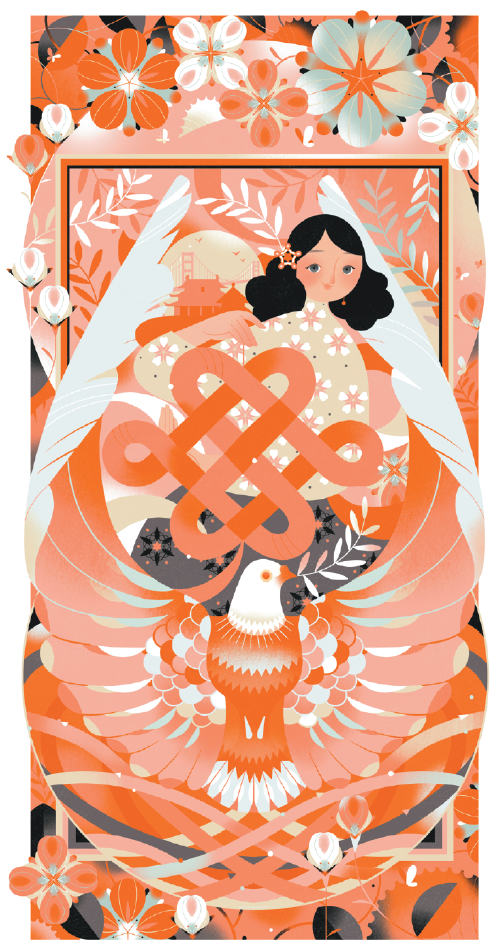
Beautiful legend inspiring today
Let us not underestimate our actions. Even if we do not have great political or economic power, our actions are important, and those who have political and economic power are responsible. In this spirit, I allow myself to end with a beautiful legend.
Once upon a time, an elderly native American told his grandson, "Inside every man there is a battle between two wolves. The first wolf always represents evil: anger, envy, rage, lies, selfishness, and violence; the second wolf represents good: peace, love, selflessness, truth, compassion, courage, serenity, and hope."
After thinking about this for a while, the grandson asked, "Which wolf wins in the end?"
The old man replied, "The winner is always the one you feed!"
I was relieved. It may not be scientifically proven, but it is an old human wisdom. Since then, in interviews and speeches, I have mostly abandoned my authentic thought about angels and demons and cited the aforementioned legend.
I found the story of the native American wise man inspiring, especially in those political speeches, where I attempted to explain our collective responsibility in choosing what kind of community we want to create. First and foremost, we must be aware of the importance of our own responsibility in deciding what kind of person we want to become.
The author is former prime minister (2008-2012) and former president of the Republic of Slovenia (2012-2022).
If you have a specific expertise, or would like to share your thought about our stories, then send us your writings at opinion@chinadaily.com.cn, and comment@chinadaily.com.cn.
















